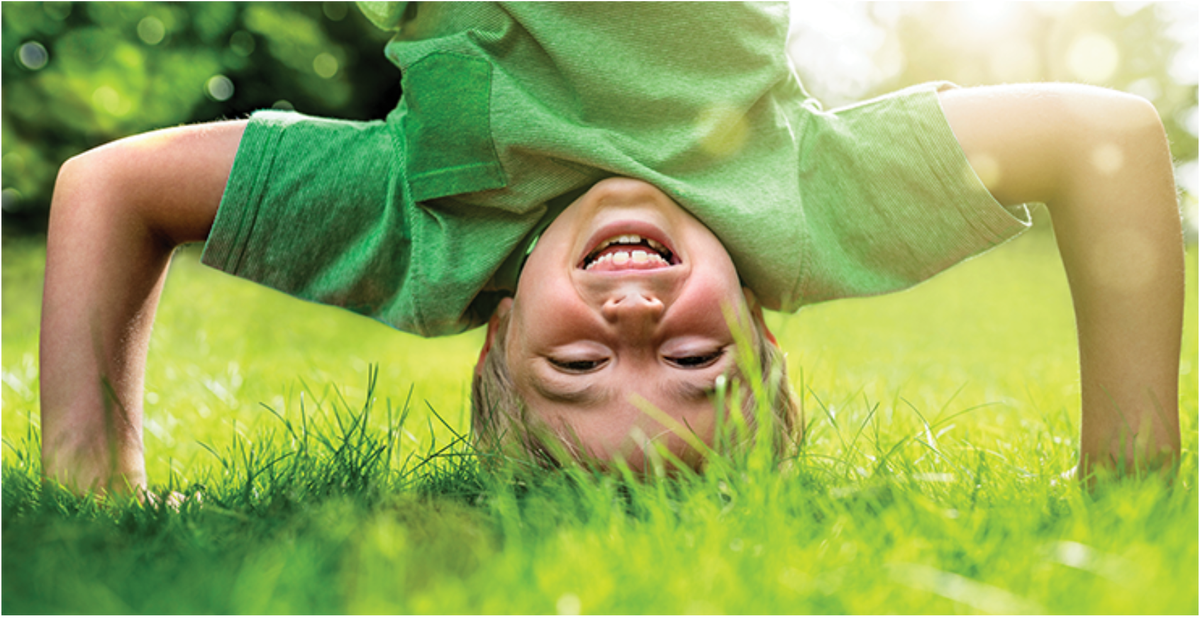The Green Page:

Nurtured By Nature:
Our increasing reliance on technology, combined with a global trend toward urban living, means many of us are spending ever less time outdoors—even as scientists compile evidence of the value of getting out into the natural world.
From a stroll through a city park to a day spent hiking in the wilderness, exposure to nature has been linked to many benefits, including improved attention, lower stress, better mood, reduced risk of psychiatric disorders and even upticks in empathy and cooperation. Most research so far has focused on green spaces such as parks and forests, and researchers are now also beginning to study the benefits of blue spaces, places with river and ocean views. But nature comes in all shapes and sizes, and psychological research is still fine-tuning our understanding of its potential benefits.
You can boost your mood just by walking in nature, even urban nature. And your connection with the natural world seems to contribute to happiness even when you’re not physically immersed in nature.
Cognitive benefits
Green spaces in schools promote cognitive development in children, and green views near children’s homes promote self-control behaviours. Experiments have found that exposure to natural environments improves working memory, cognitive flexibility and attentional control, while exposure to urban environments is linked to attention deficits.
Experimental findings show how impressive nature’s healing powers can be—just a few moments of green can perk up a tired brain.
Even the sounds of nature may be recuperative. Berman and colleagues found that study participants who listened to nature sounds like crickets chirping and waves crashing performed better on demanding cognitive tests than those who listened to urban sounds like traffic and the clatter of a busy café.
Nature and Happiness
Spending time in nature has cognitive benefits, but it also has emotional and existential benefits beyond just being able to solve arithmetic problems more quickly.
Studies suggest that it leaves a lasting impression when children get outside. They found that children who lived in neighbourhoods with more green space had a reduced risk of many psychiatric disorders later in life, including depression, mood disorders, schizophrenia, eating disorders and substance use disorder. For those with the lowest levels of green space exposure during childhood, the risk of developing mental illness was 55% higher than for those with abundant green space.
There is even evidence that images of nature can be beneficial. Studies found that any exposure to nature—in person or via video—led to improvements in attention, positive emotions and the ability to reflect on a life problem. But the effects were stronger among those who actually spent time outside.
Nature might also make us nicer—to other people and the planet. In an experiment, Dr Zelenski and his colleagues found that elementary school children acted more prosocially to classmates and strangers after a field trip to a nature school than they did after visiting an aviation museum.
Experience vs. connection
With so many benefits linked to nature, people naturally wonder: How much time outside is enough? Scientists took a stab at answering that question by studying a representative sample of nearly 20,000 adults across the United Kingdom. They found people who had spent at least two recreational hours in nature during the previous week reported significantly greater health and well-being. That pattern held across subgroups, including older adults and people with chronic health problems, and the effects were the same whether they got their dose of nature in a single 120-minute session or spread out for the week. “We’re not saying we’ve cracked this nut yet, but this is a first step toward making specific recommendations about how much time in nature is enough,” White says.
Connectedness to nature seems to benefit mood and mental health. Nature might help to buffer the effects of loneliness or social isolation. Some people don’t necessarily want to spend time with others but feel connected to the natural environment, which can enhance their well-being.
Getting outside is good for us. If you have a break from work and only have half an hour, then urban parks and trees produce positive outcomes. Just like a little exercise is better than none, we should take advantage of green and blue spaces wherever and whenever we can.
Key points
Spending time in nature is linked to cognitive benefits and improvements in mood, mental health and emotional well-being.
Feeling connected to nature can produce similar benefits to well-being, regardless of how much time one spends outdoors.
Both green spaces and blue spaces (aquatic environments) produce well-being benefits. More remote and biodiverse spaces may be particularly helpful, though even urban parks and trees can lead to positive outcomes.



